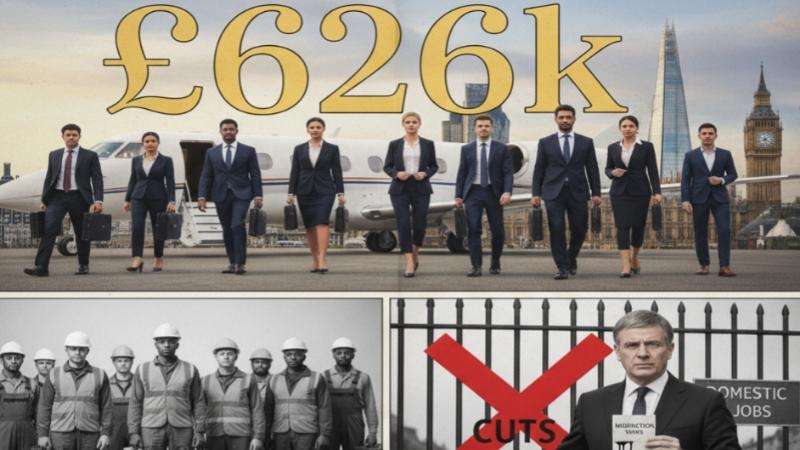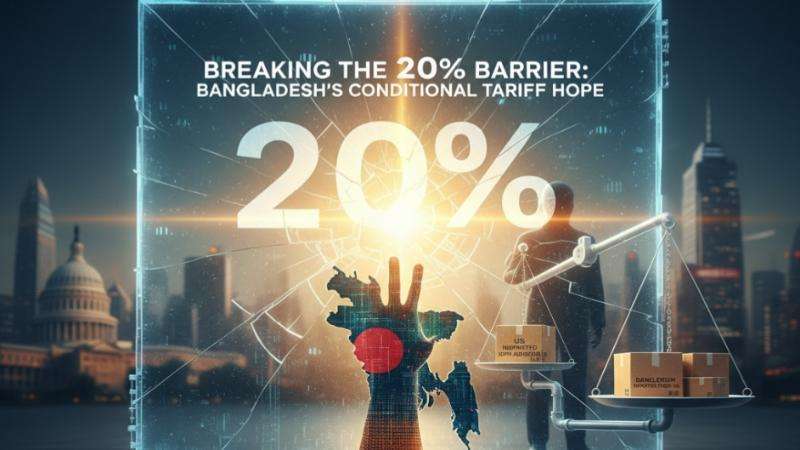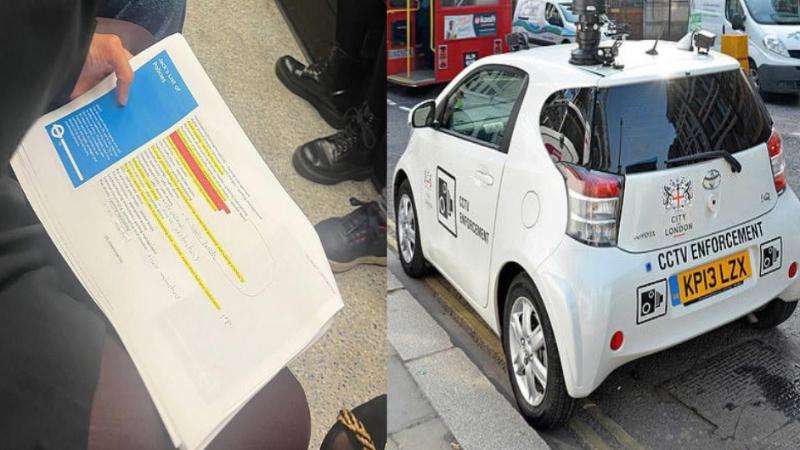Bangladesh is once again plunged into an unsettling period of political instability, marked by a recent high-profile murder and growing concerns over the timing of the next general election. The nation, currently under an interim government led by Nobel laureate Dr. Muhammad Yunus, is grappling with a complex web of accusations, shifting alliances, and persistent public discontent.
The latest flashpoint centers around the murder of scrap metal businessman Lal Chand Sohag in front of Mitford Hospital in the capital. The incident has drawn sharp criticism from the Bangladesh Nationalist Party (BNP), with acting chairman Tareque Rahman virtually addressing an event from London, alleging that the killer was brought in from elsewhere and is being shielded from arrest. Rahman's statements imply a deeper conspiracy, suggesting the murder could be linked to a broader agenda to postpone the upcoming elections. There's a campaign claiming that a Bangladeshi government agency orchestrated this murder or they were in the background.
Who is Behind the Instability?
The question of "who is behind this" looms large. While Tareque Rahman's remarks point to a deliberate, orchestrated act, the general sentiment in Bangladesh indicates a multifaceted crisis. The country has a history of bitter rivalry between its two major parties, the Bangladesh Awami League (AL) and the BNP, a rivalry often punctuated by protests, violence, and even murder.
Recent arrests in Malaysia of Bangladeshi citizens involved in a radical militant movement promoting Islamic State (IS) ideology, and who were reportedly plotting to overthrow the Bangladesh government, add another layer of complexity, hinting at external extremist influences. Furthermore, there are allegations of foreign powers, including India,Pakistan's ISI and China, interfering in the country's internal affairs.
Is the BNP Failing to Control Its Leaders?
Tareque Rahman's public statement regarding the Mitford Hospital murder, specifically the alleged connection to Juba Dal (BNP's youth wing) and the non-arrest of the primary killer, raises questions about the BNP's internal control and discipline. While Rahman is actively vocal from London, the incident itself and the subsequent allegations could indicate a struggle within the party to manage its ranks or a strategic decision to publicly highlight perceived injustices.
Dr. Yunus's Government Under Scrutiny
Dr. Muhammad Yunus assumed office as the fifth Chief Adviser of Bangladesh on August 8, 2024, following the ousting of former Prime Minister Sheikh Hasina. His interim government's main pledge is to implement fundamental reforms and hold a free and fair national election. However, the administration faces significant challenges and criticism.
The Yunus government has been accused of disorganized decision-making, marked by overlapping reform commissions, frequent leadership changes, and poor coordination. Critics also allege bias, political persecution, and even enabling the resurgence of radical Islamist groups like Jamaat-e-Islami, which was previously banned. While Yunus has engaged with political leaders, protest coordinators, and civil society, and taken steps to address issues like inflation and communal violence, the overall perception of the government's ability to control the situation remains a point of contention. A report by the Bangladesh Hindu Buddhist Christian Unity Council highlights 2442 incidents of communal violence coinciding with Yunus's tenure, further emphasizing concerns about law and order and minority protection.
Is Any Powerful Foreign Entity Behind the Hostilities?
The notion of powerful foreign entities influencing Bangladesh's political landscape is not new. Beyond the recent arrests in Malaysia and the alleged interference from Pakistan's ISI and China, the long-standing geopolitical importance of Bangladesh, situated at the crossroads of South Asia and Southeast Asia, makes it a subject of interest for various international actors. The precise extent of their involvement in the current instability remains a matter of speculation and ongoing investigation.
Is the Expected Election Delayed?
Yes, the expected election in Bangladesh has been delayed and remains a major point of contention. Chief Adviser Muhammad Yunus has stated that national elections will be held in the first half of April 2026. This timeline has drawn sharp criticism from major opposition parties, including the BNP, and even the country's army chief, who are demanding earlier polls.
The BNP, which is expected to be a frontrunner in the elections, had initially demanded polls by December 2025 and recently proposed holding them before Ramadan 2026. Critics of the Yunus government accuse him of delaying elections to prolong his stay in power, while the government maintains that electoral reforms are crucial and require time. The lack of a firm, agreed-upon election date intensifies public concerns and contributes to political uncertainty.
What are Jamaat and NCP Doing in the Situation?
Jamaat-e-Islami, a long-time ally of the BNP, is a significant player in the current political climate. The Yunus caretaker government has reportedly nurtured close relations with right-wing parties and repealed the ban on Jamaat, leading to concerns about the resurgence of radical Islamist influence. Jamaat has been actively engaged in discussions with the interim government, pushing for early elections and reforms.
The National Citizen Party (NCP), a new party formed on February 28, 2025, emerged directly from the student-led mass uprising that ousted Sheikh Hasina. The NCP portrays itself as centrist and aims to redefine Bangladeshi politics and rectify systemic failures. It has also demanded a new constituent assembly and a rewritten constitution. The NCP has reportedly drawn into cooperation with hardline elements and right-wing parties, and along with Jamaat and BNP, met with Dr. Yunus to demand earlier elections. While BNP has categorically ruled out an electoral alliance with Jamaat this time, it has indicated that the door remains open for talks with the NCP.
Are Fuels Against BNP?
The question of whether "fuels are against BNP" appears to be a misinterpretation or a metaphor. There is no direct evidence to suggest that fuel prices or the energy sector are specifically "against" the BNP. However, fluctuations in global fuel prices pose a significant threat to Bangladesh's macroeconomic stability, impacting daily commodities and the overall economy. This, in turn, can contribute to public discontent and protests, which historically can be leveraged by opposition parties like the BNP. The interim government has taken steps to mitigate the impact of inflation, including withdrawing import duties on foodstuffs and removing LC requirements on daily commodity imports.
Overall, Bangladesh is navigating a volatile period marked by political maneuvering, social unrest, and economic challenges, with the delayed election and ongoing calls for reform at the forefront of national discourse.



_3.jpg)
_4.jpg)


.jpg)
.svg)


.jpg)